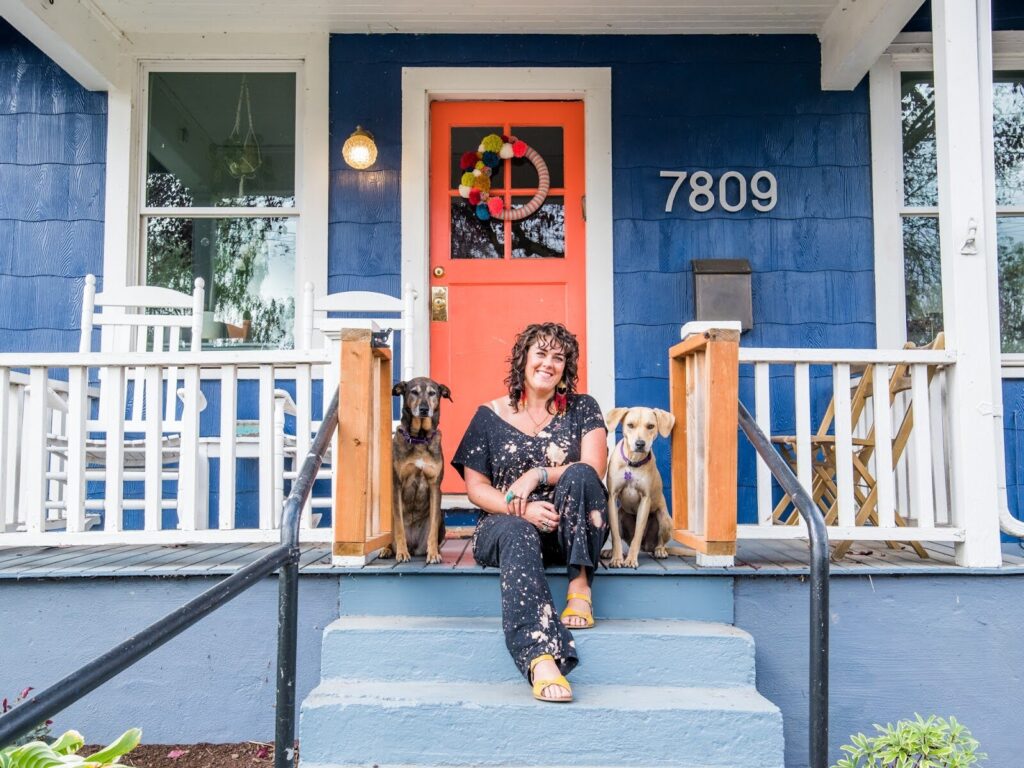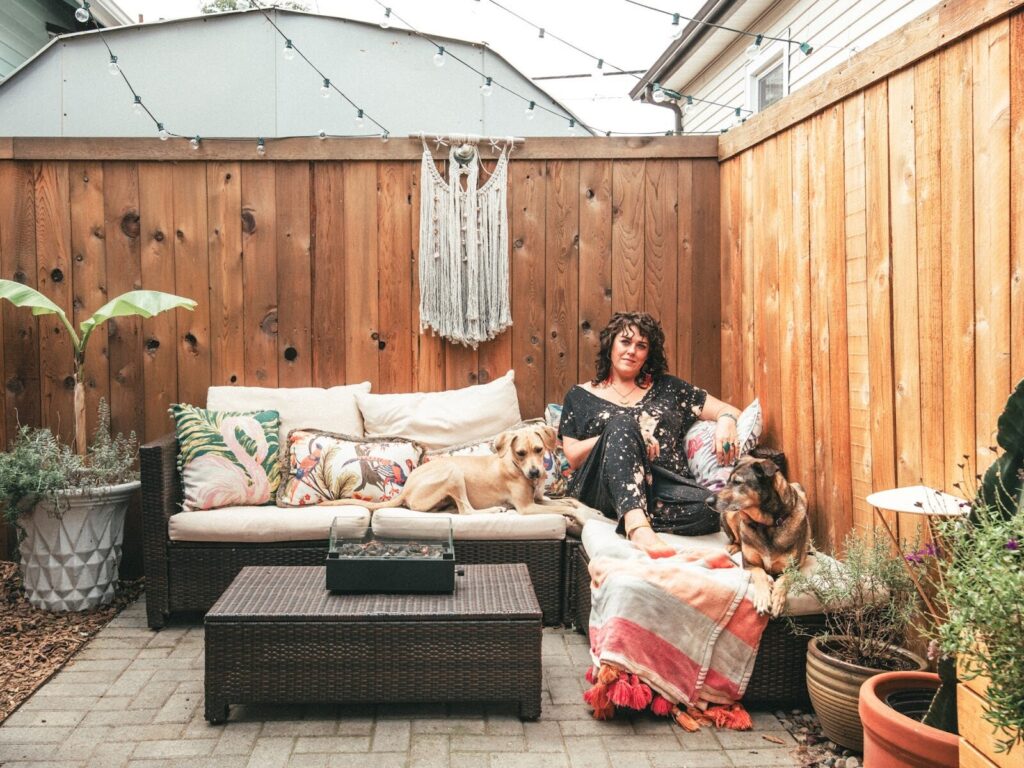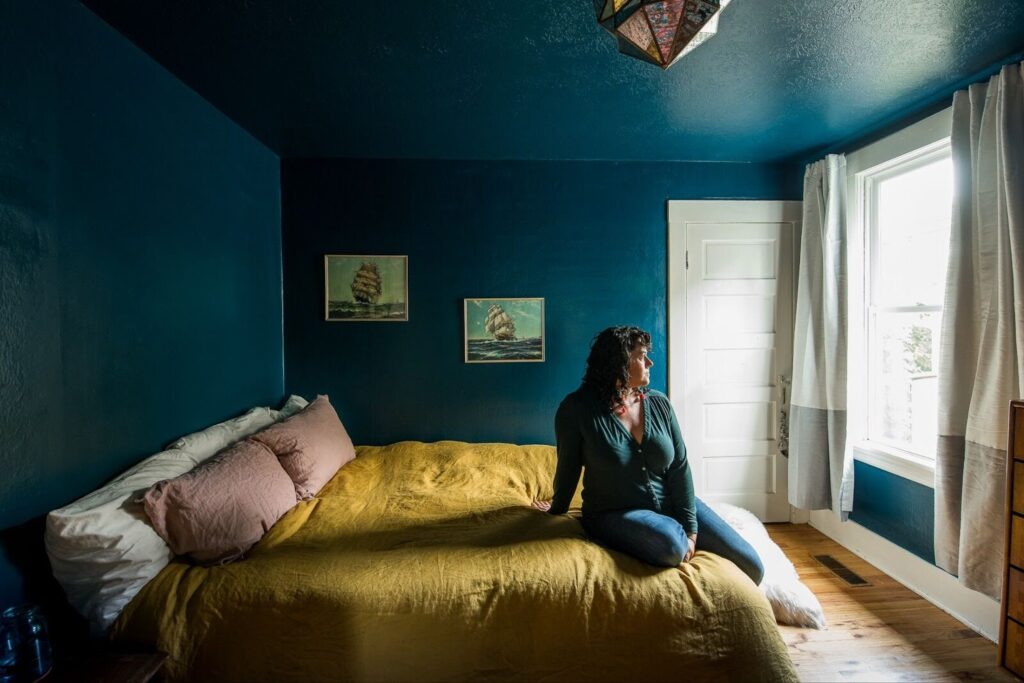Owning old Portland homes is not for the faint of heart. I say this as someone who has lived through almost every homeowner disaster imaginable, floods, burst pipes, a furnace that literally exploded, and somehow lived to tell the tale (with a little more humility and a lot more plumbing knowledge).
This isn’t one of those “homeownership made easy” guides. This is the real stuff no one tells you about, the chaos, the panic, the bills, and the weird satisfaction of realizing you can handle it all. Eventually.
The First Time My House Shook (Literally)
Technically, I didn’t even own the house yet. I was buying the one I was renting, an old Portland bungalow I lovingly called The Salty Dog, when the furnace started making strange noises. I figured maybe it just needed a new filter.
Then one night, there was a loud boom that shook the entire house. Turns out, the pilot light was clogged, gas was building up, and when it finally ignited, it created a mini explosion every time the furnace kicked on.
When the tech from Northwest Natural came out, he said, “I could condemn it… but it’s winter, and I don’t have to.” I told him I was buying the house and wanted a new furnace, and he said, “Condemned. Done.”
Lesson #1: Always take weird sounds seriously, and always have a professional look before you light anything.
Water, My Old Nemesis
For reasons I can’t explain, water and I have a complicated relationship. Which is odd, considering I was basically raised on the ocean! There was the time I came home from a Trevor Noah show to find my basement flooded. Most people simply lose hot water when their water heater breaks. Mine decided to rupture and spray water everywhere. It was December, it was late, and my basement was a small indoor lake.
Orbit Heating saved the day, but that was just the start. When I moved into my current house, my water main burst the first night. I’d just finished a remodel, the contractors were turning the water back on, and as I was strolling through my new dry basement, I noticed it was not in fact dry…there was a small pool of water where the water main came in the house. The yard was so flooded that when I stepped outside, my foot sank to my ankle.
It was 10 p.m. in yet another December, freezing, and all I wanted was a hot bath in my new tub deep enough to cover both my knees and my nipples. (If you know, you know.) I told my contractor to turn the water back on just long enough to fill the tub, then we shut it off again for five days, while I waited for a new water main. At least I got my bath?
And because the universe apparently likes a theme, last winter my sewer backed up during the ice storm while I had tenants in the basement. It was every homeowner’s worst nightmare: frozen streets, closed services, and sewage water with nowhere to go. The only reason it didn’t turn into a full-blown disaster was because Reynolds Sewers showed up like absolute heroes. I will sing their praises forever.
Lesson #2: Water is life, but it’s also the enemy. And yes, sometimes you just take the bath anyway.
If you want to stay on the dry side of homeownership, check out my blog From Gutters to Glory: The Ultimate Guide to PNW Gutter Maintenance. It’s a full rundown of how one missed appointment and some bad soil grading led to my own basement flood and everything I learned about keeping water where it belongs: outside.
The Unsexy (But Necessary) Stuff
People love talking about backsplash tile and paint colors, but the truth is, the boring stuff is what keeps your house alive. Plumbing. Gutters. Downspouts. Hose bibs.
I used to think I could “deal with those later.” Then my hose bib burst underground in the middle of summer, flooding my yard. Luckily, I’d learned enough to have a shutoff valve installed during my last plumbing update
So now, I do the unsexy stuff early. It’s expensive, but it’s cheaper than losing water for a week.
Lesson #3: Replace the plumbing before it fails. Clean the little P-trap on your furnace. Know where your shutoffs are. Do the gross, boring stuff before it becomes chaos.
Making Peace With Imperfection
No one talks about how much homeownership messes with your inner perfectionist. There’s a cabinet in my kitchen that doesn’t line up perfectly with the lights. A fridge gap that’s two inches too big. A bathroom tile corner that will forever make my Virgo brain twitch.
But I’ve learned there’s a difference between what’s fixable and what’s livable. Some things you fight for. Others you shrug at and pour a glass of wine.
Lesson #4: Not every imperfection is a problem. Sometimes it’s just a story you’ll tell later.
Budget Like A Realist (Not A Dreamer)
Everyone should have an emergency fund for their house. For me, most surprise repairs, aside from the big furnace incident, landed between $2,500 and $5000. That’s my mental “oh no” number.
I also used to joke that almost every repair costs between $6,000 and $8,000. Furnace? Around that. AC? Around that. Chimney? You guessed it. If you can, set aside about $7,000 a year just for maintenance and upgrades. That doesn’t include remodels; that’s just to keep an old Portland home alive and well.
Lesson #5: The “perfect” home doesn’t exist, but a home with a repair fund does.
How It’s Changed How I Work With Clients
My inspector once told me, “Lauren has experienced most worst-case scenarios.” And honestly, he’s right.
That’s why I’m hyper-attentive during inspections now. I can spot potential issues, estimate repair costs on the fly, and tell you when something’s just “old house stuff” versus “call a plumber right now.”
I don’t sugarcoat the realities of homeownership because I’ve lived them. I’ve also seen how resilient people become once they realize they can handle it.
Lesson #6: Homeownership isn’t about perfection. It’s about readiness.
The Bottom Line: Don’t Panic, Just Prepare
If you own an old Portland home, something will break. Probably when it’s raining. Probably when you least expect it.
The goal isn’t to avoid every disaster. It’s to know who to call, have a little cushion saved, and remember that most problems are fixable (even at 10 p.m. on a Saturday).
And when in doubt, call someone who’s been there, because I promise, I’ve probably lived through it too.
Thinking about buying or fixing up an old Portland home? Let’s talk strategy before you dive in. Whether you’re trying to avoid costly surprises or just want to love the one you’ve got, we’ll help you do it right. Get in touch here.











